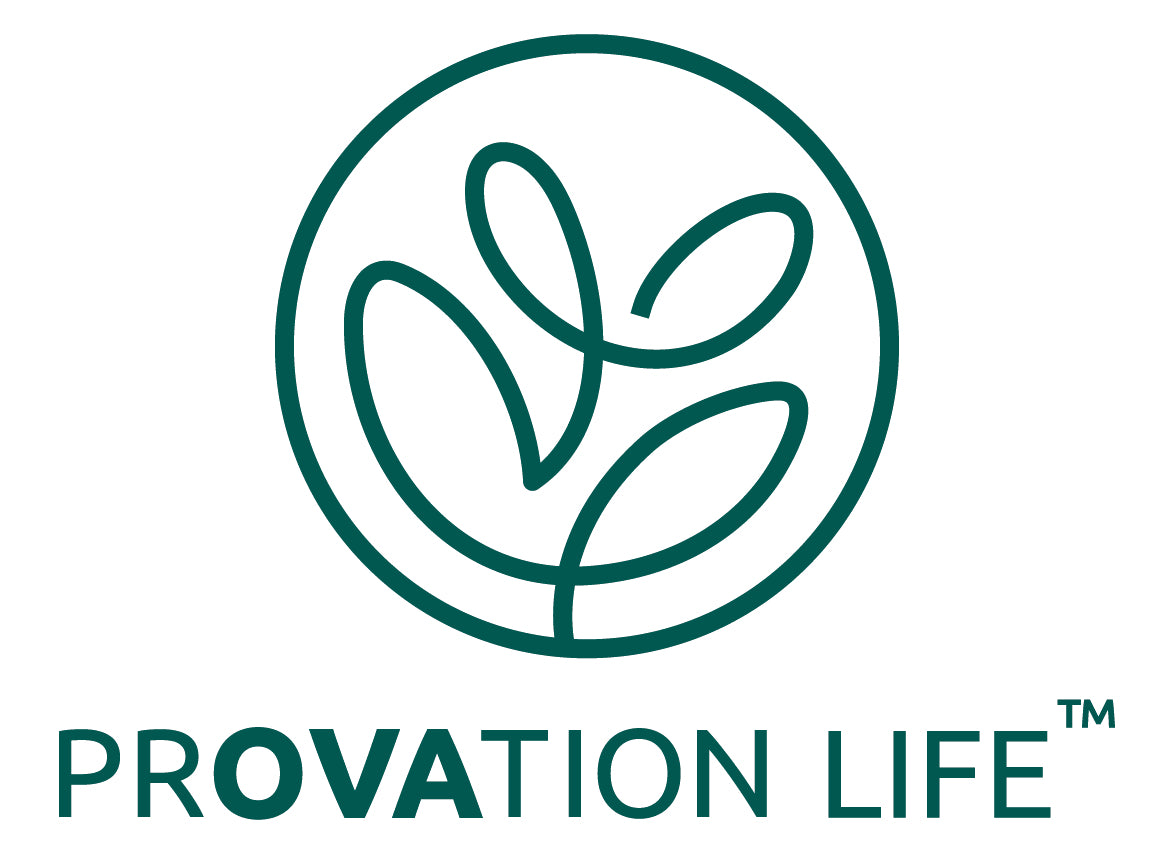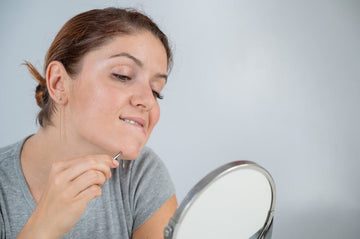"Doc why am I growing hair where I don't want it, and losing hair where I want it?"
This is unfortunately a very common chief complaint from patients who come into my office. Polycystic Ovarian Syndrome is notorious for negatively affecting hair growth patterns. Predominately because of the relatively elevated androgen levels.
Improving Hormonal Hirsutism
If you are suffering from a hormonal imbalance and often from PCOS and the associated abnormal hair growth and hair loss, you know how bothersome it can be. It is important to take action to reverse the underlying hyperandrogenism to help improve your PCOS symptoms. It can be very frustrating when you have hair loss where you want hair and hair growth where you don't want hair. Where is the fairness and equity in that? But life and certainly not PCOS tends not to be the fairest of all, and once you embrace that fact and take control of the reigns it can tend to set things a little straighter and improve things, albeit slowly, but while these symptoms didn't start in a day they certainly won't go away in a day. I always tell my patients that when dealing with hair growth, you need to look back 6 months and ask what changed back then to make things worse or make things better. Was there a stressor in life? Did a diet change for the better or worse? Unfortunately, many lifestyle changes can have implications downstream.
How to Reduce Hirsutism in PCOS Naturally
The good news is that there are a number of things you can do to help reduce hirsutism caused by PCOS. One way is through lifestyle changes such as diet and exercise. Eating a healthy balanced diet with plenty of fruits, vegetables, and lean proteins can help reduce inflammation and balance hormones naturally. Exercise has been known to help regulate blood sugar levels which can lead to better hormone health overall.
Supplements such as zinc, inositol, chromium, cinnamon, magnesium, vitamin B6, and omega-3 fatty acids have been known to help reduce inflammation and hormone imbalance in PCOS patients.
There are also a number of natural remedies that have been known to help tame PCOS-related hirsutism. Natural ingredients like apple cider vinegar, turmeric, and aloe vera can be used as well as topical treatments to slow down hair growth. Certain herbs like chasteberry, saw palmetto and spearmint have also been used to reduce PCOS-related hair growth.
How do Supplements Help with Hirsutism?
In PCOS, the imbalances of hormones such as testosterone and DHEA can cause an increase in hair growth. These supplements work by restoring the balance of hormones which reduces inflammation and helps regulate hormone levels, and can decrease andorgen levels. Zinc is believed to reduce the production of testosterone while inositol improves insulin sensitivity which has a beneficial effect on PCOS symptoms. Magnesium aids in improving blood sugar control and vitamin B6 plays a role in reducing the activity of 5-alpha reductase enzymes which leads to a decrease in hair growth due to DHT (dihydrotestosterone) production. Omega-3 fatty acids also reduce inflammation and help regulate hormones which can lead to improved PCOS symptoms.
In a recent clinical trial, zinc supplementation significantly improved hirsutism in just eight weeks. There are quite a few supplements that directly impact Insulin resistance, such as inositol, chromium, cinnamon, Berberine, and turmeric to name a few, and studies have implicated Insulin Resistance (IR) as potentially causative of the increased androgen levels and subsequent negative effect on hair growth patterns.
Although the data is limited, it is promising, and probiotics supplementation has been shown to decrease androgen levels which is causative of male pattern baldness in PCOS.
Treatment of Hirsutism with Myo-Inositol
I recently started a hirsute patient on Inositol Plus. She had presented with dark coarse hair on her chin, and while this result can be seen, by no means is it guaranteed, she had a dramatic reversal in her hirsutism within a few weeks. I was amazed at her particular outcome, and I often say that everyone is unique and their outcomes/response to treatments are unique.
Medications for Hirsutism Caused by PCOS
Androgen-suppressing medications can treat mild cases of PCOS facial hair by reducing the production of testosterone and other hormones that contribute to PCOS. Finally, there are topical treatments available for reducing hirsutism caused by PCOS as well. These include creams containing anti-androgens or hair growth inhibitors which block the effects of testosterone on hair follicles. It's important to speak with your physician before starting any new medications or supplements.
Hair Removal Treatments for Hirsutism
Hair removal treatments, such as laser hair removal and electrolysis can also help reduce the visibility of PCOS-related hirsutism. Laser hair removal works by targeting the dark pigment in the hair follicle and destroying it, while electrolysis destroys the follicle itself, thus preventing future growth. Both treatments are considered safe but may require multiple sessions for best results.
No matter what methods you choose to reduce hirsutism associated with PCOS, it's important to be patient and consistent with whatever treatment you choose. Talk with your healthcare provider about the best treatments for your individual needs. PCOS symptoms take time to improve and it's important to remember that consistent effort over time is the best way to achieve lasting results. While PCOS can be challenging at times, the good news is that there are steps you can take toward improving your hormonal health. With the right combination of lifestyle changes, medications, supplements, and therapies, PCOS sufferers can find relief from unwanted hair growth and start feeling better about themselves again. So don't give up on yourself - with a little bit of determination and perseverance, you may just find the solution to reducing your PCOS.












